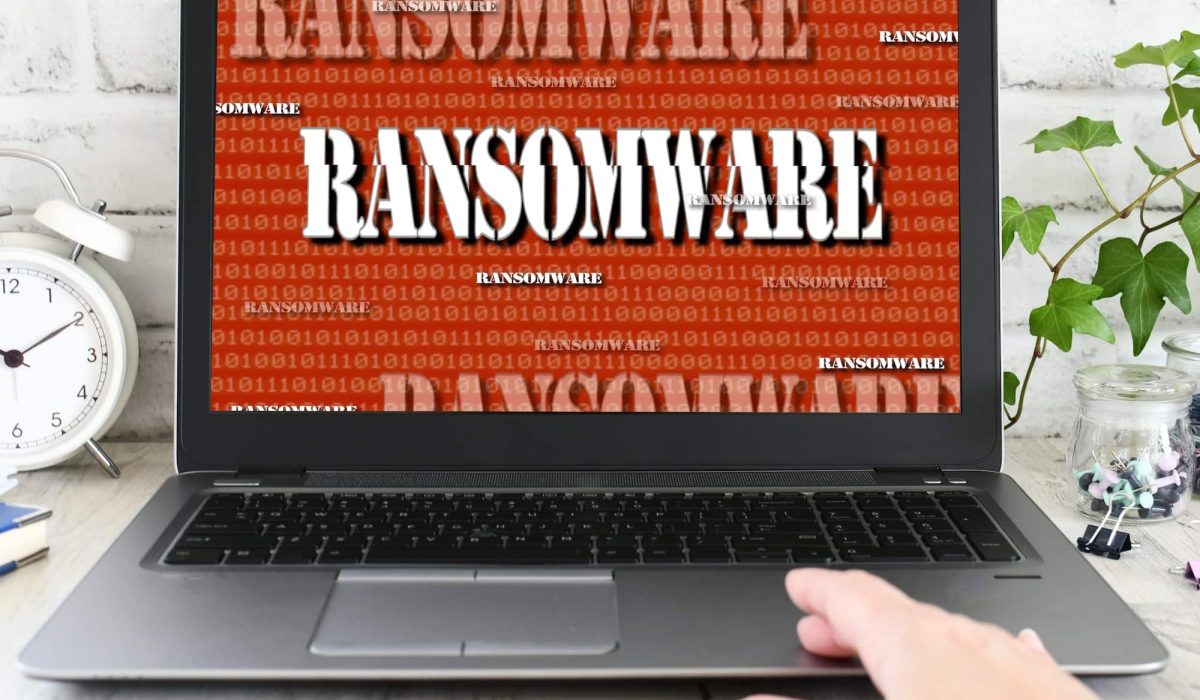Ransomware attacks are becoming increasingly common, with businesses of all sizes becoming targets. These attacks can cause significant disruption to your business operations and result in the loss of sensitive data. To mitigate the risks posed by ransomware, it’s essential for companies to take proactive measures to prevent and handle these attacks.
In this article, we’ll explore the steps a company should take to handle ransomware attacks and protect their business data.
What is Ransomware?
Ransomware is a type of malware that encrypts a victim’s files and demands payment in exchange for a decryption key. These attacks can originate from a variety of sources, including phishing emails, malicious websites, and unsecured software.
What Are the Consequences of a Ransomware Attack?
The consequences of a ransomware attack can be significant, including:
- Loss of sensitive data
- Disruption to business operations
- Financial loss
- Damage to reputation
- Legal consequences
How to Prevent Ransomware Attacks
Preventing ransomware attacks requires a multi-layered approach that includes technical measures, employee training, and best practices. Some steps you can take to prevent ransomware attacks include:
- Implementing robust security software
- Backing up data regularly
- Training employees on how to identify and avoid phishing emails
- Keeping software up-to-date
- Disabling macros in Office files from untrusted sources
What to Do in the Event of a Ransomware Attack
If your company falls victim to a ransomware attack, it’s essential to act quickly to minimize the damage. Some steps you can take include:
- Disconnecting from the network: This will prevent the ransomware from spreading to other devices.
- Backing up any remaining data: This will ensure that you have a copy of your data in the event that it becomes encrypted.
- Contacting a cybersecurity expert: A cybersecurity expert will be able to assist you in assessing the extent of the attack and determining the best course of action.
Should You Pay the Ransom?
This is a difficult decision and ultimately depends on the specific circumstances of the attack. However, it’s important to keep in mind that paying the ransom does not guarantee that your files will be decrypted. Additionally, paying the ransom only encourages the attackers to continue their malicious activities.
What to Do After a Ransomware Attack
Once the attack has been contained, it’s important to take steps to prevent future attacks. This can include:
- Improving your company’s cybersecurity measures
- Reviewing and updating your company’s disaster recovery plan
- Providing additional training to employees on how to identify and avoid phishing emails
- Seeking legal advice if necessary
Conclusion:
Handling a ransomware attack requires a quick response and a comprehensive plan. By implementing preventative measures, backing up data regularly, and responding quickly in the event of an attack, companies can minimize the damage caused by these malicious attacks and protect their business data. Remember, it’s crucial to seek professional help from a cybersecurity expert if your company falls victim to a ransomware attack.

